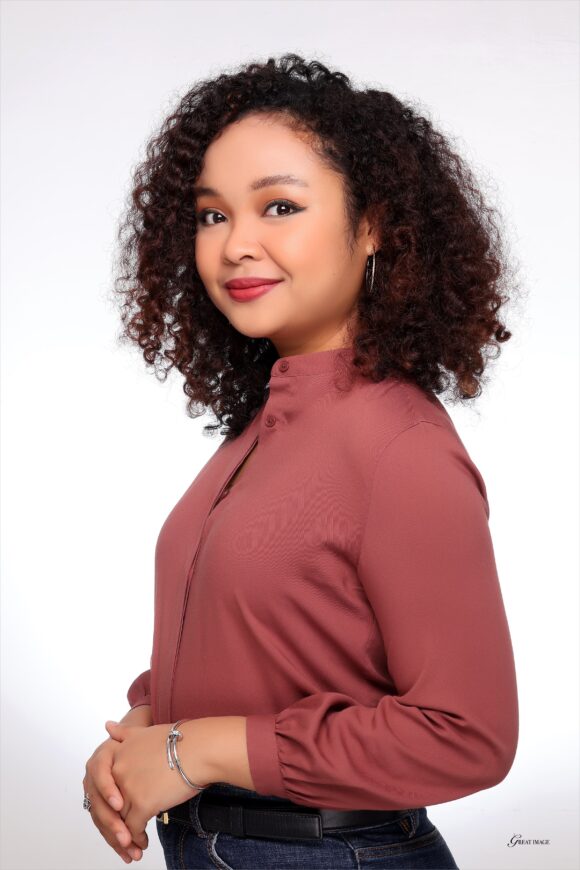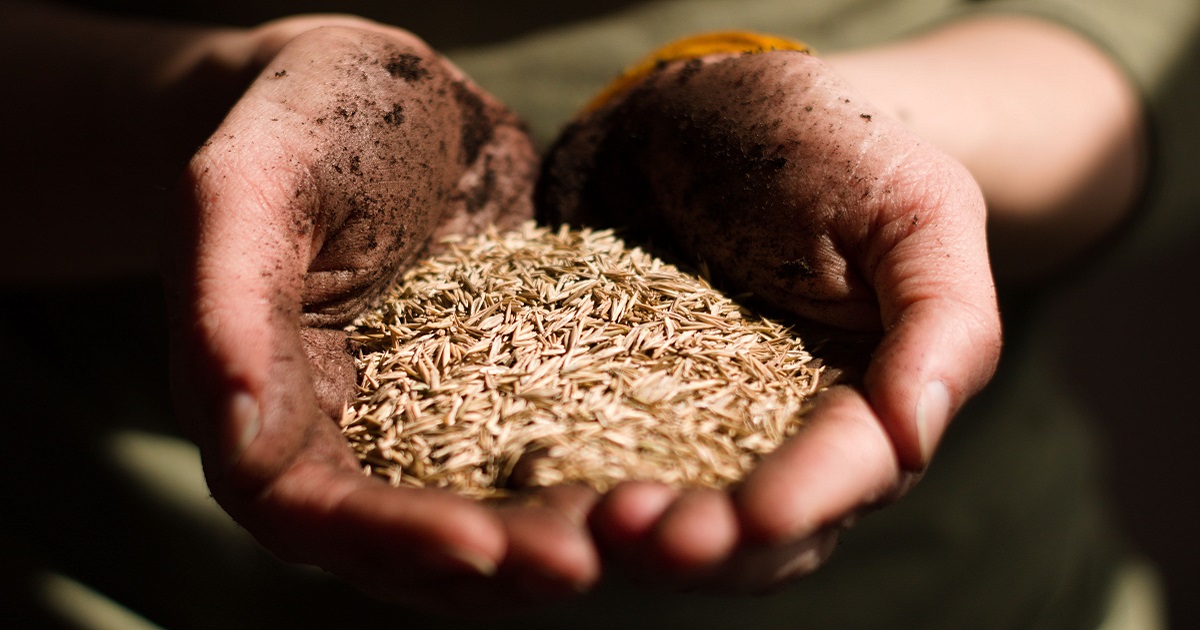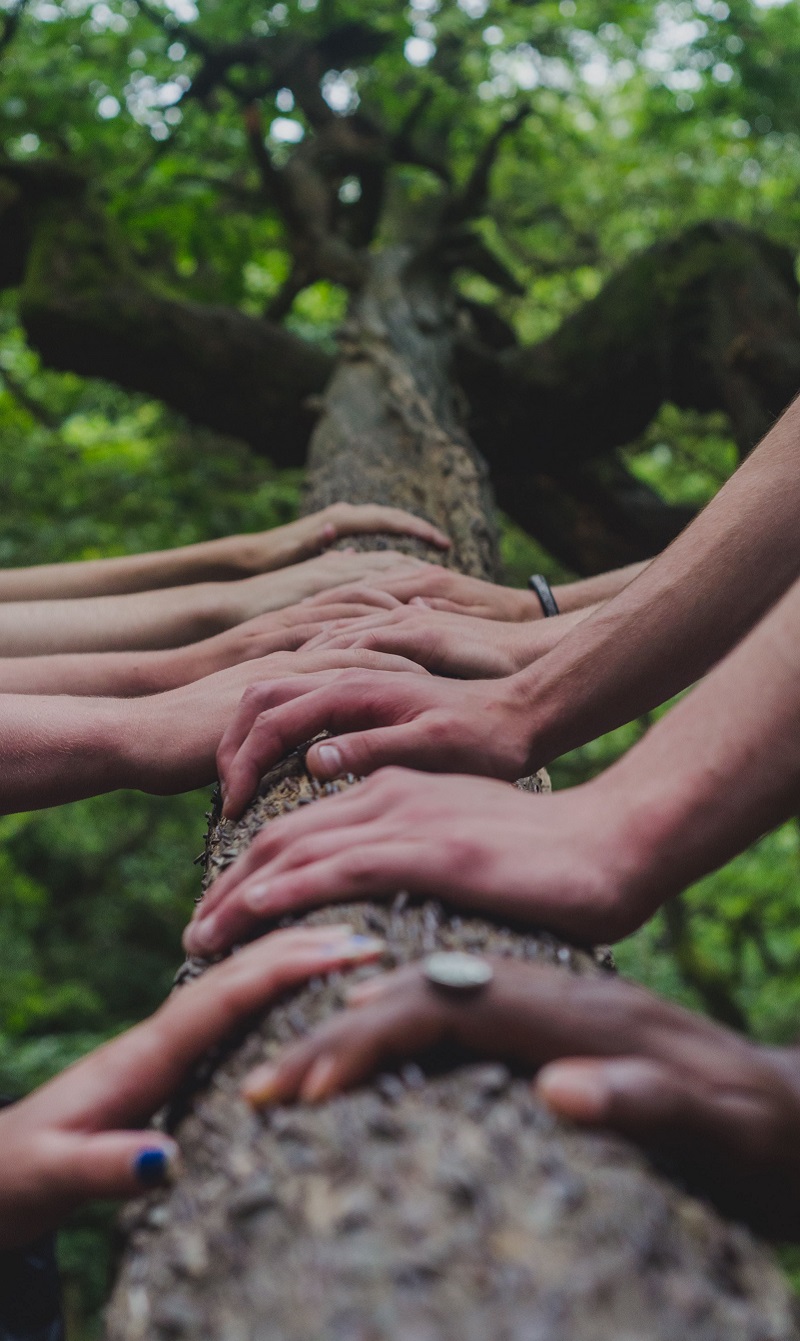For the Love of Food
A 25 years-old farmer and founder of The Cacao Project paints a comprehensive image of her experiences and insights as a farmer, chef and entrepreneur in the Philippines. Not to mention the impressive impact she wants to have on the world. Su Aziz writes.
‘My interest in farming stemmed from my deep love of food,’ states Louise Mabulo, founder of The Cacao Project. She started her career as a chef very early when she debuted on MasterChef Junior in the Philippines. ‘It launched me into what was probably one of my earliest culinary journeys, training as a chef and hosting pop-up dinners around the world,’ recalls the 25-year-old. It was during this journey, she learned to reconnect with her roots and community. ‘I discovered how our food was produced and grown. Also, what a noble job it is to steward the land and get these ingredients from farms to my kitchen. Then, to our tables.’
Louise started working on farm-to-table cuisine. Then, she went on to grow her own ingredients and food at home. ‘Slowly, I found myself falling in love with farming and the alchemy of combining the right soil, air, sunlight and water to grow nutritious and delicious food.’ Born and bred in the Philippines, she started The Cacao Project five years ago. It’s an initiative to build sustainable, regenerative and resilient agricultural livelihoods in the Philippines, specifically, Camarines Sur. It provides skills training, resources, interventions and guidance for farmers to ensure their livelihoods are positioned to work with nature while restoring landscapes and provide them with a livelihood.

Challenges and Triumphs
Louise observes how in most parts of the world, especially in Asia, farming and being labelled as a farmer comes with stigmas. ‘Farming is perceived as a low-income job and a predominantly male-dominated industry. The commonly heard aspiration is that it’s an industry to work hard in, only to get out of. Part of my platform is to disassemble these stigmas and transform food systems to create a just, equitable and regenerative transition.’
Just as importantly, Louise wants to set a standard that farming can be cool, that becoming a farmer can be a role that one aspires to. One that’s prosperous, ties inherently with land stewardship and creates economic services for the community. ‘And that starts with setting that role for myself, while empowering others to become leaders in the industry as well. I think seeing more young people and women engage as well as step forward in their communities is a triumph in itself. To see farmers become business owners, and to see that alongside their successes, we see a positive environmental impact within the forests too, well, what a delight!’
Innovations and Contributions
‘We work on the ground with farmers and tailor-fitting our work to local landscapes and dynamics to rethink our food production value chains,’ Louise explains. ‘This means being there for the whole process from planting, growing and post-harvest production, and building long-term relationships with the community over many years. Beyond that, we believe in working with our nature and ecosystems to grow our agroforests. This includes learning from older practices from our elders and bridging those knowledge gaps with modern farming know-how to produce harvests that work with nature.’
Being a firm believer that sustainable practice is also good business, Louise realises that a constantly evolving world and rapidly changing climate calls for the process of adapting to the planet instead of the other way around. ‘For farming and agriculture, we see that the world is set to require 70 per cent more food by 2050. Yet, due to soil degradation, we’re going to see a decline in harvests with FAO predicting only 60 years’ worth of harvest available unless we change how we extract from our soils.’
Sustainable agriculture guarantees long-term harvests. Healthy ecosystems guarantee better pollination and biodiversity, which in turn results in better quality harvests. ‘This [process] requires more patience and behavioural shifts. Living so close to a community that’s heavily reliant on our nature and biodiversity, the economic benefits and resilience this afford us is ultimately more valuable,’ reminds Louise.
Balancing entrepreneurship and farming can be demanding. ‘I like to believe all the work feed into each other. So, one accomplishes the other. On the other hand, I believe in strict time management and discipline. I was home-schooled for many years. I was always in charge of managing my own time and growth, which required a level of focus. I’m grateful my parents trained me at an early age,’ Louise says. ‘In today’s world it is more challenging to stay on top of everything and it’s a constantly learning process.’
Staying on Trend and the Road Ahead
‘I’d like to think that my youth gives me a unique advantage here. I tend to have a pulse on the trends because it is, ultimately, my generation [armed] with our devices, social media, consumption habits and access to the world’s knowledge that can dictate as well as direct the flow and trend out there,’ Louise admits. ‘It has been useful in understanding the next steps, or even how to set the next trend, and change how we ultimately behave and direct our work.’
Looking ahead, Louise has a specific vision for the future of The Cacao Project. ‘I’m really excited for it to grow. We’re already seeing farmers successfully set up their businesses, sell out lines of chocolate products and we’ve launched our leaf fossilisation workshops, which create sustainable handicrafts from cacao leaves. In the future, we’re looking forward to integrating more agritech into our work. Also, find ways to make farming technologies more accessible to rural communities.’
Last Words
So, Louise, what do you think can help shape future leaders? ‘Grit and critical thinking. Especially in today’s world where young people are growing up and training for careers that might not even exist yet. One more thing— systemic change. The stigmas, predetermined ideas of how our world operates need to shift if we’re going to really make a difference and raise a new generation of leaders. Our industries need to be more intersectional. We have operated in silos for many years in a world that does not operate the same way. We now know that food systems affect environment, affect peace and security, affect economic prosperity, affect women and girls, and much more. The sooner we recognise these interconnections, the better we can equip future generations to address the gaps and build comprehensive systems that are circular,’ she replies without hesitation.
Lastly, what impact does she want to have in this world? ‘I want to be a catalyst for the world to shift its thinking. I want to be the person that makes this world recognise and redefine development— that maybe a rich and prosperous world can be quantified in the growth of forests, in the welfare of farmers, in rural prosperity. Maybe the big change we envision for the world isn’t simply a stereotypical idea of a technological utopia. Maybe it’s a world where stewardship, where caring for creation in a sustainable, equitable, accessible way is the baseline to a future green economy,’ Louise concludes most impressively.
Louise will be speaking at the 14th WIEF in Abu Dhabi. The forum will be on 6 – 8 February 2024. Register today to join its programme of multiple plenary sessions, masterclasses and networking opportunities.
Main photo from Unsplash.

